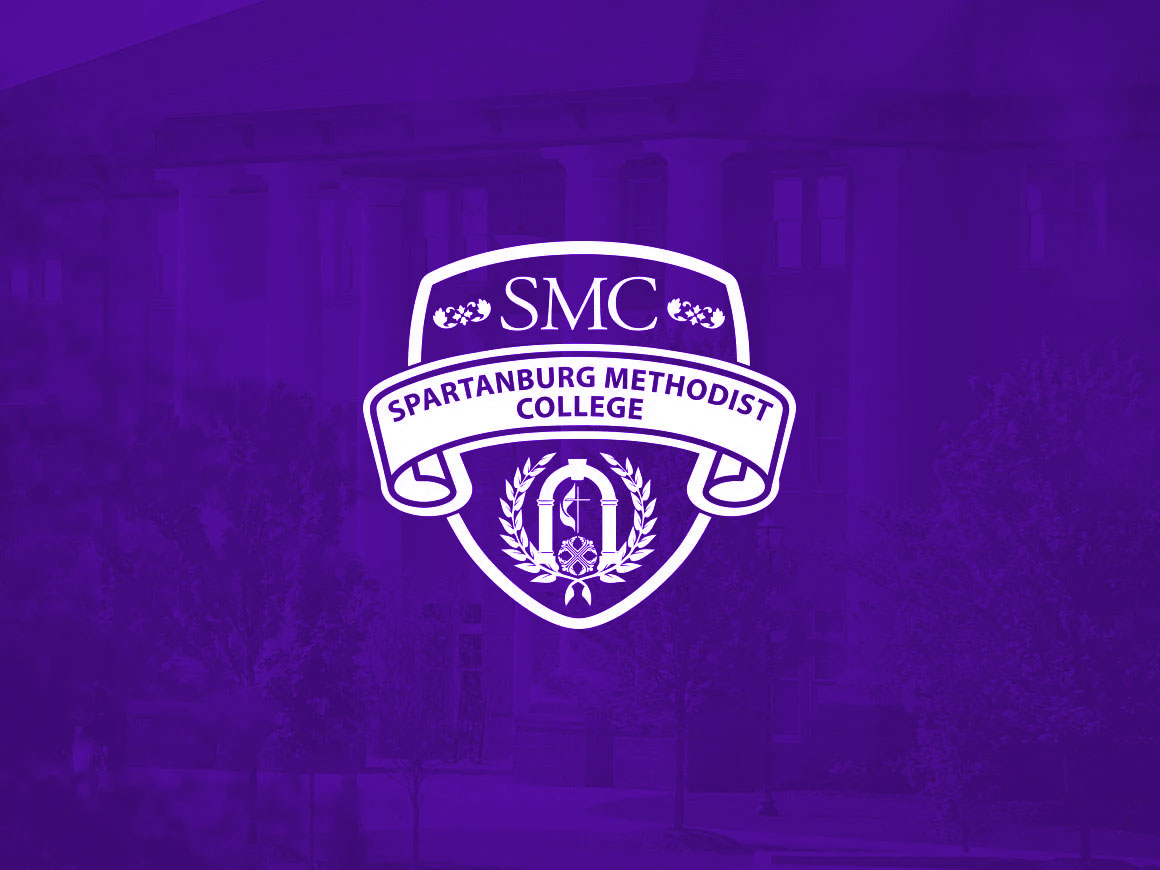A Guide for Higher Education
The core system that supports the student experience in higher education goes by many names — student information system (SIS), student system, and more recently, student management system (SMS). While these terms are often used interchangeably, each reflects a slightly different view of how technology can support students across their journey.
Today, as institutions face rising expectations for engagement, personalization, and outcomes, the term student management system is gaining traction. It signals a broader, more proactive approach — one that builds on the foundation of the SIS to better connect systems, surface insights, and deliver the kind of experience today’s learners expect. But what exactly do we mean by a student management system, and how does it expand on the traditional SIS?
An SMS is a purpose-built platform that supports the full student lifecycle. The term is often used interchangeably with a student information system (SIS), but implies a more active, managerial approach to supporting student success through technology. A student management system expands upon the traditional functions of a student information system with tools that enhance engagement, streamline processes, and drive student success outcomes.
What do we mean by Student Management System?
A student management system is designed to improve how institutions support students across their academic journey — from recruitment to graduation, reskilling and beyond. Building on institutional expectations for a traditional SIS, which handles administrative records and compliance, an SMS offers tools for engagement, real-time monitoring, and proactive student support.
The functions of a student management system may go above and beyond the traditional SIS with capabilities like:
- Student enrollment and registration
- Centralized student profiles
- Course scheduling and academic records
- Grade and progress tracking and transcripts
- Financial aid and tuition management
- Compliance and accreditation reporting
- Communication and engagement tools
These capabilities help institutions reduce friction, connect data, and deliver the right support to the right student — at the right time. According to a 2023 report released by the National Student Clearinghouse Research Center, 62% of students graduate from four-year institutions within six years — highlighting the critical need for integrated systems that facilitate proactive support.
What Sets Student Management Systems Apart
Let's compare traditional expectations of a student information system versus the enhanced capabilities of a student management system.
Feature | Traditional Student Information System (SIS) | Future-Ready Student Management System (SMS) |
Primary Purpose | Administrative record-keeping | Student engagement & academic support |
Core Functions | Enrollment, transcripts, financial aid | Attendance, behavior tracking, communication |
Data Type | Static institutional records | Real-time student performance and engagement |
Primary Users | Registrars, compliance teams | Faculty, advisors, student services |
Key Integrations | ERP, LMS | SIS, LMS, advising, and success platforms |
What are the Benefits of a Student Management System for Higher Ed
Higher education institutions worldwide are navigating declining enrollments, growing learner expectations, and increasing demand for measurable outcomes. A student management system provides the agility, visibility, and capabilities needed to address these pressures head-on, ultimately pulling several levers that keep students on track to positive outcomes.
Improving Administrative Efficiency
By automating routine workflows and unifying student data, institutions can reduce manual processes and deliver faster, more accurate support.
Boosting Student Engagement
SMS platforms present the opportunity to leverage built-in communication tools, self-service portals, and personalized notifications — keeping students informed, engaged, and on track.
Enabling Data-Informed Decisions
Access to real-time data helps advisors, faculty, and administrators spot challenges early and deliver targeted support that drives retention and graduation.
How Does a Higher Ed Institution Choose the Right Student Management System?
When evaluating a student management system, institutions should look for solutions that are:
- Flexible and configurable to adapt to institutional policies and programs
- SaaS delivery to support maintenance, and innovation
- Secure and compliant with state and federal regulations
- Integrated with existing ERP, LMS, and analytics tools
Solutions that unify and simplify the student experience are essential to meeting the needs of today's — and tomorrow's — learners.
How Ellucian Powers a Connected Student Experience
Ellucian Student is a modern student management system, purpose-built for higher education. It connects academic planning, registration, advising, and engagement into one flexible platform.
Key Ellucian Student capabilities include:
- Role-based dashboards for faculty, advisors, and students
- Automated alerts for at-risk students
- Guided academic planning and course selection
- Seamless integration across the Ellucian suite of solutions
By combining SIS strength with SMS flexibility, Ellucian Student helps institutions deliver a connected student experience — empowered by data, driven by outcomes.
Institutions that embrace modern, higher ed-focused student management systems position themselves to better engage students, improve outcomes, and operate more efficiently. The future of higher education is connected, SaaS-enabled, and student-centered — and the right student management systems are a key part of that essential transformation.
Explore how Ellucian Student can support your institution's goals.




